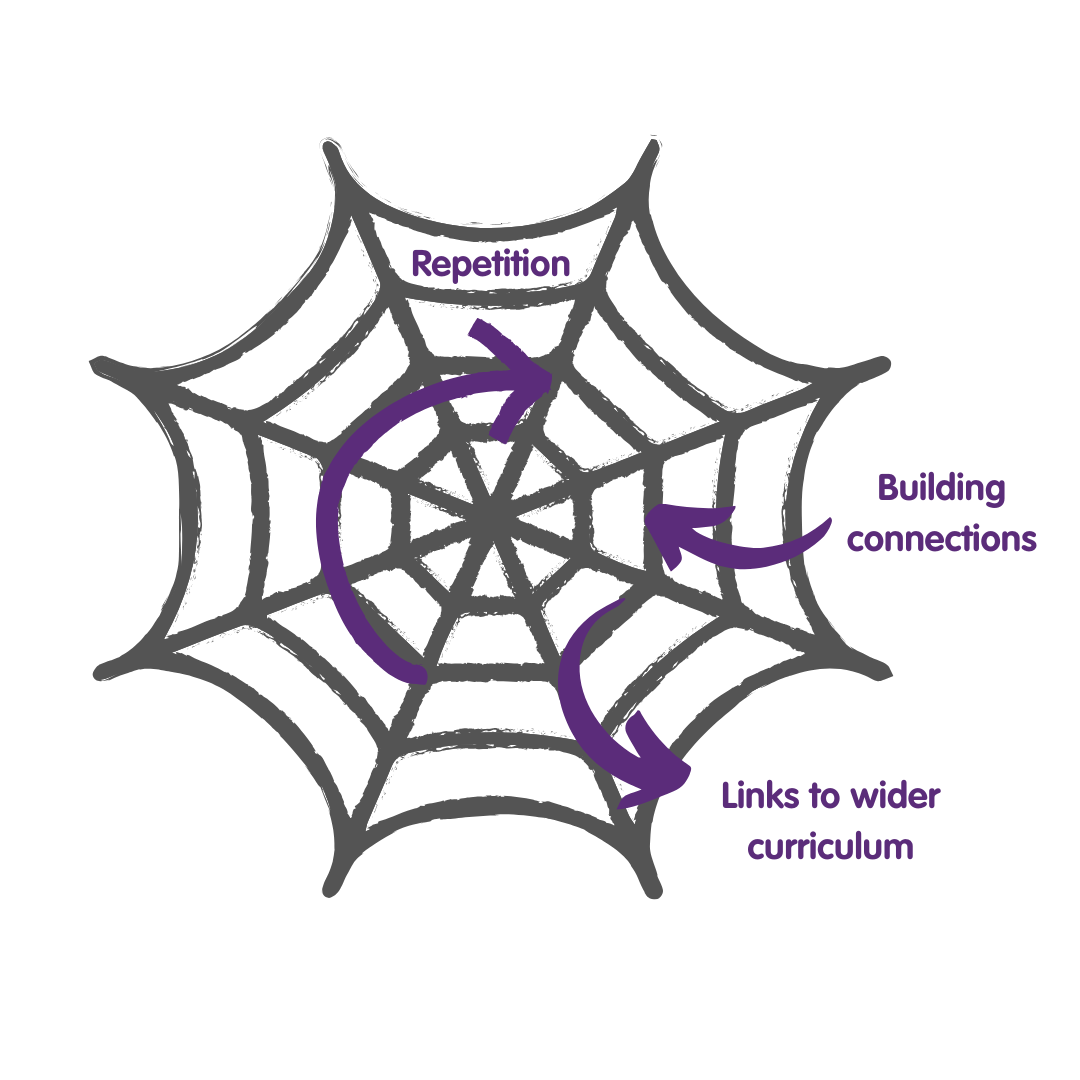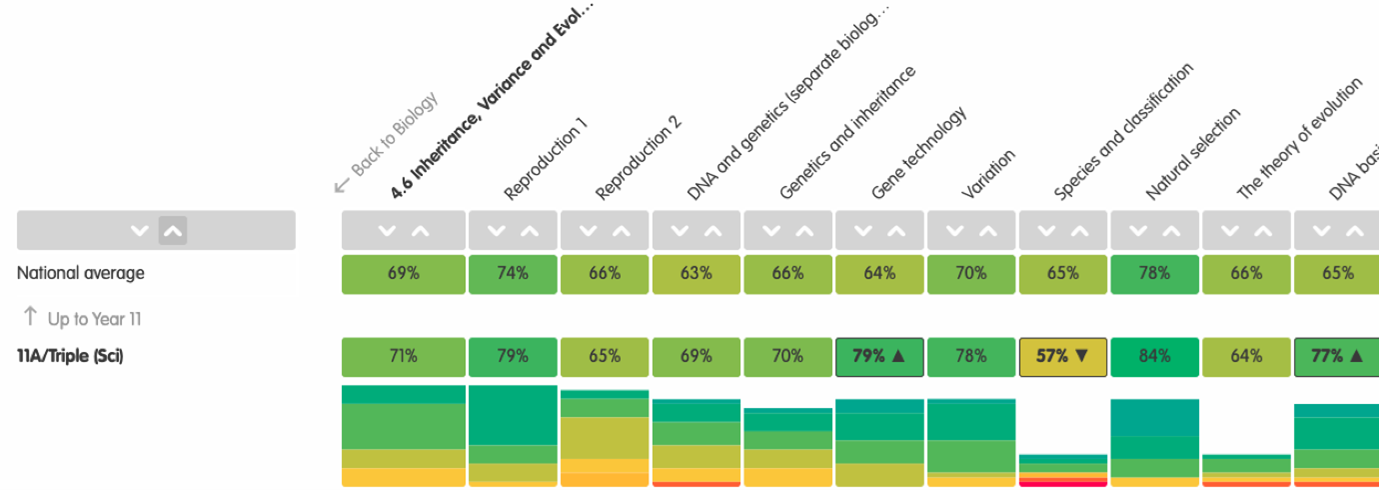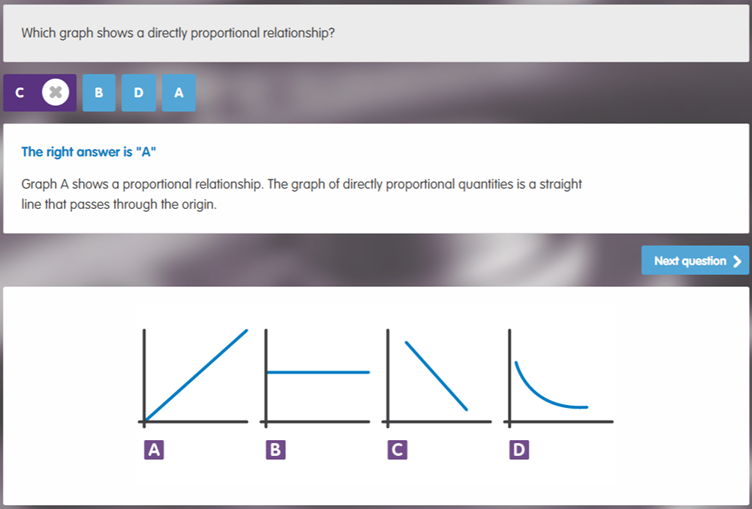
Jen Taylor is the Curriculum Leader for Science at Woodchurch High School, dedicated to empowering students through the wonders of science.
With a passion for teaching young people, Jen believes science is the key to understanding and shaping the world. By helping students uncover the “why” behind the world around them, she aims to equip each one with the knowledge to explain and navigate their environment confidently. Through her role, Jen aims to inspire a new generation to embrace curiosity, critical thinking, and the power of scientific knowledge. Follow @woodchurch_science on Instagram for updates.
As a curriculum leader for science, I understand the critical importance of ensuring students not only grasp new concepts but also retain and apply them over time. It’s not enough for students to demonstrate understanding during a single lesson; they need to be able to recall and utilise that knowledge weeks, months, and even years later. That’s why our teaching strategies emphasise retrieval practice and continual reinforcement of learned material.
Here are some of the approaches we’ve adopted, which can be visualised as a spiderweb model for building a rich network of connections.

Cumulative assessments and conceptual links
Our curriculum is designed with cumulative assessments that consistently remind students of previous topics, helping them see the interconnectedness of scientific concepts. By visualising these links, students can better understand how individual topics form a comprehensive schema. This spiral approach ensures that knowledge is not learned in isolation, but as part of a larger, integrated framework.
Responsive teaching based on assessment analysis
Assessment is not merely a checkpoint but a guide for future instruction. We meticulously analyse assessments, including Educake results and question-by-question analysis of GCSE past papers, to identify areas where students struggle. This data-driven approach informs our planning, allowing us to address gaps in understanding and reinforce key concepts.

Regular Educake homework and repetition
To reinforce learning, we assign regular Educake homework consisting of 15 questions that blend new and old material. This mixture helps ensure that previous knowledge remains fresh while integrating new concepts. The ease of performance analysis with Educake allows teachers to identify areas where students are consistently secure, enabling them to focus more on areas of weakness. Additionally, we select 10 random questions from the previous homework and set these at the start of the next lesson, emphasising the importance of repetition in solidifying knowledge.
Emphasising transferable scientific skills
Working scientifically involves skills that are applicable across all scientific disciplines. While substantive content is crucial, disciplinary skills are equally important. By focusing on how and when these skills are developed throughout the key stages, we enhance students’ ability to apply their knowledge confidently to more challenging questions. This approach helps students transfer skills across different scientific contexts, boosting their overall competency.

Interdisciplinary connections in learning schemes
Our schemes of learning are crafted to keep knowledge ‘warm’ by continuously linking related concepts across disciplines. For instance, when teaching catalysts in chemistry, students are reminded of enzymes in biology, reinforcing the relevance of these concepts in different contexts. This interdisciplinary approach makes learning more coherent and easier to retain.
Collaborative curriculum planning
We actively engage with leaders of other subjects to synchronise the teaching of related topics. For example, our science teachers coordinate with geography teachers when covering rocks, with maths teachers for graph work, and with PSHE teachers when discussing puberty. This collaboration ensures that students receive a well-rounded understanding and can see the practical application of scientific concepts in various fields.
In conclusion, our strategies for retrieval practice and knowledge retention are multifaceted and data-driven, focusing on continuous reinforcement, interdisciplinary links, and the development of transferable skills. By maintaining an active and responsive teaching approach, we aim to build a robust foundation of scientific knowledge that students can recall and apply long after they leave the classroom.



